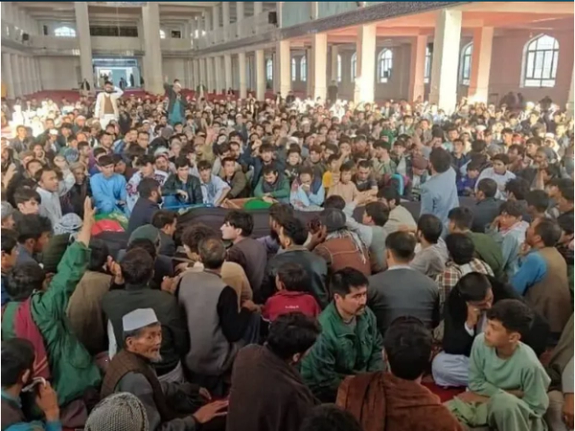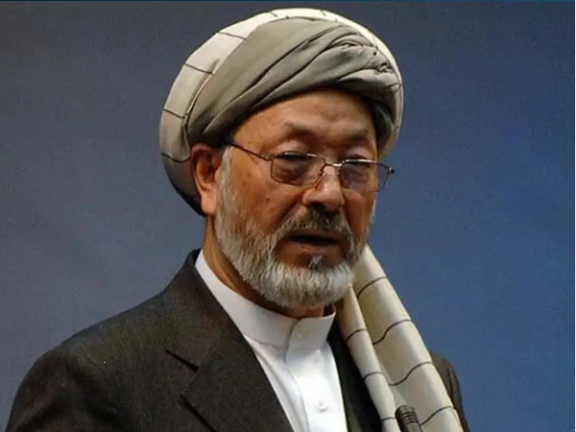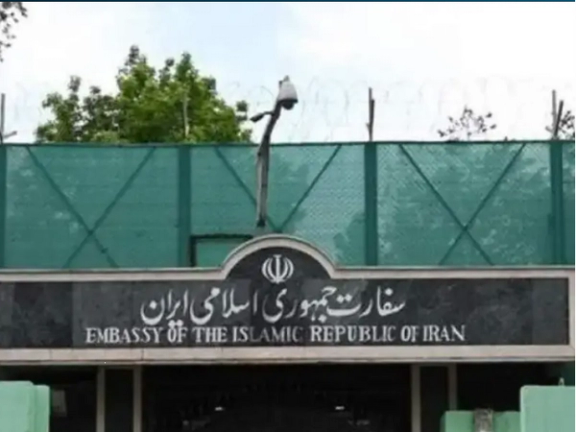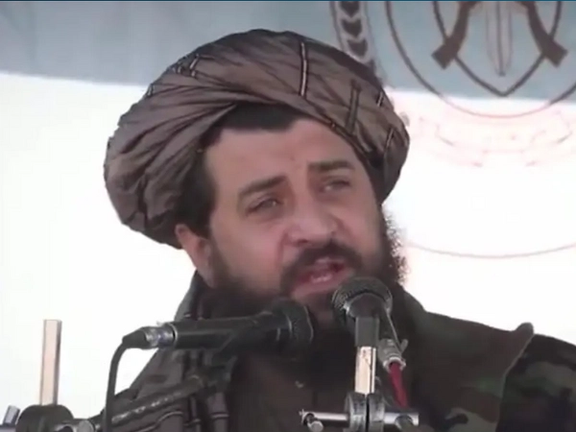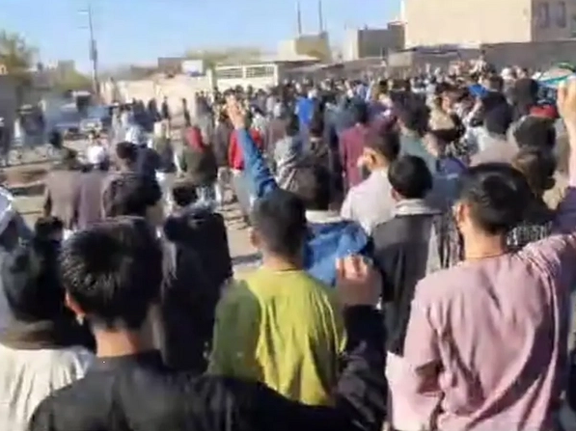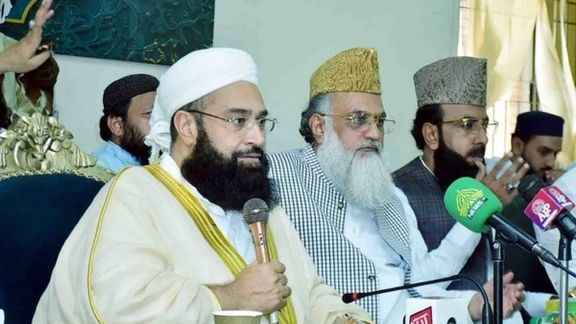According to the report, punishments have been issued for accusations such as illicit relationships, adultery, and theft.
AW, which monitors the human rights situation in Afghanistan, in a report on Thursday wrote that based on the declarations of the Taliban Supreme Court, in 417 cases, except for two people who were executed on charges of murder, the rest were punished in the form of flogging.
According to the Taliban, the implementation of Sharia punishments in 22 provinces of Afghanistan shows the extent of issuing sentences and their implementation by the group.
AW says that while the Taliban has often made the announced punishments publicly and has executed several sentences in public, many of these punishments are carried out under severe restrictions and in small spaces.
According to the report, due to the fact that the Taliban does not allow the photography and recording of these punishments, there is very limited visual evidence of the execution of these punishments.
Countries and human rights organisations have repeatedly reacted and criticised these punishments in Afghanistan.
Earlier this year, UNAMA called the Taliban's use of corporal punishment a violation of international law. They stated that it violated the prohibition of torture and cruel, inhuman, and degrading treatment or punishment.
According to the AW report, more than half of these punishments, including the first execution, were carried out in December 2022. In another instance, the Taliban publicly flogged nine people accused of sodomy and theft in a football stadium in Kandahar city.
There are more recorded cases of punishing men than women. According to AW, it documented 57 cases of punishment for women compared to 220 cases of punishment for men. Most of the punishments involved flogging.
Also, based on the findings of AW, between December 2022 and June 2023, nine cases of Qisas [retribution] were announced, which two were executed and seven others were pardoned.
The United Nations Assistance Mission in Afghanistan (UNAMA) has also confirmed the implementation of a stoning sentence in February.
